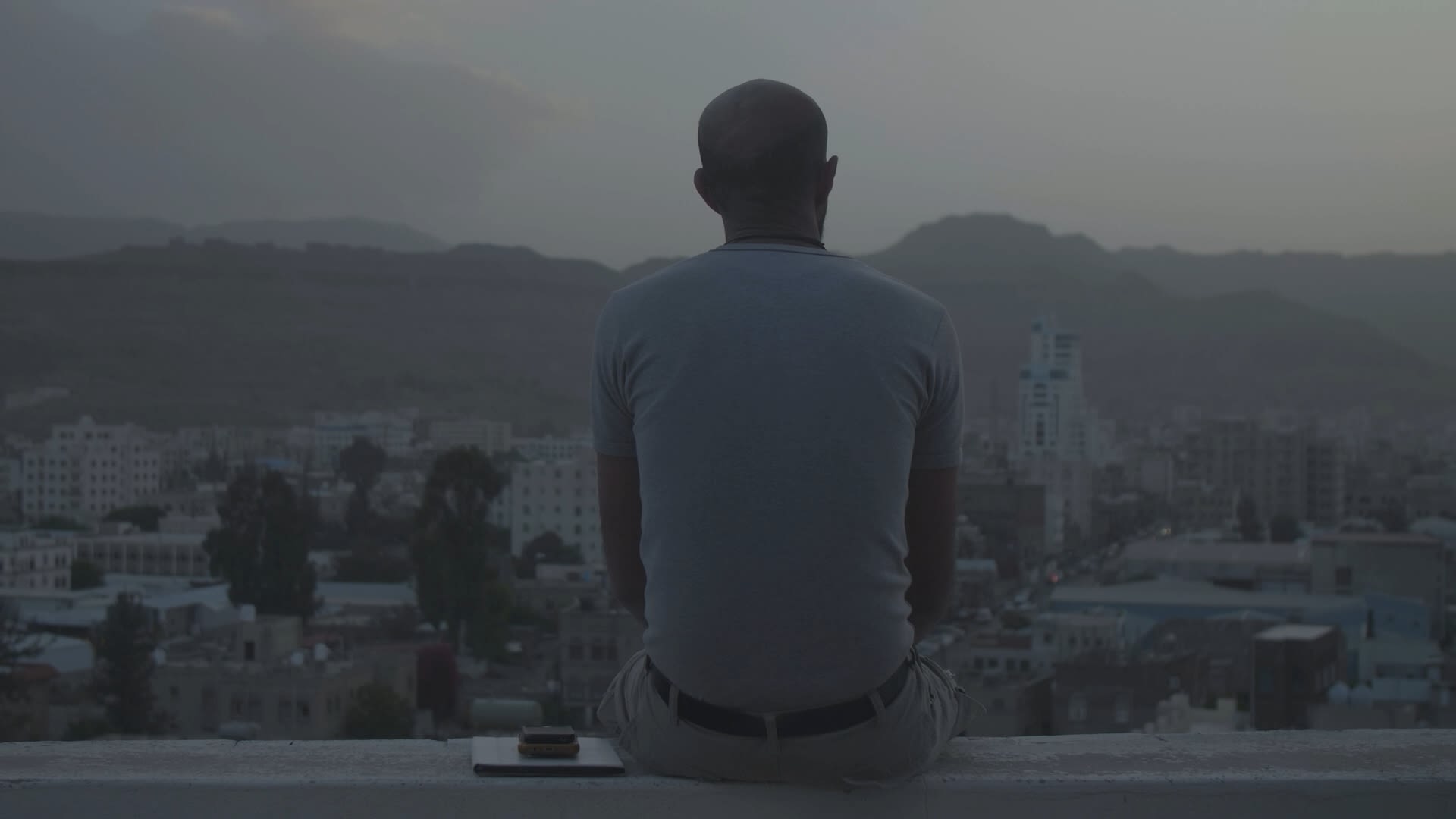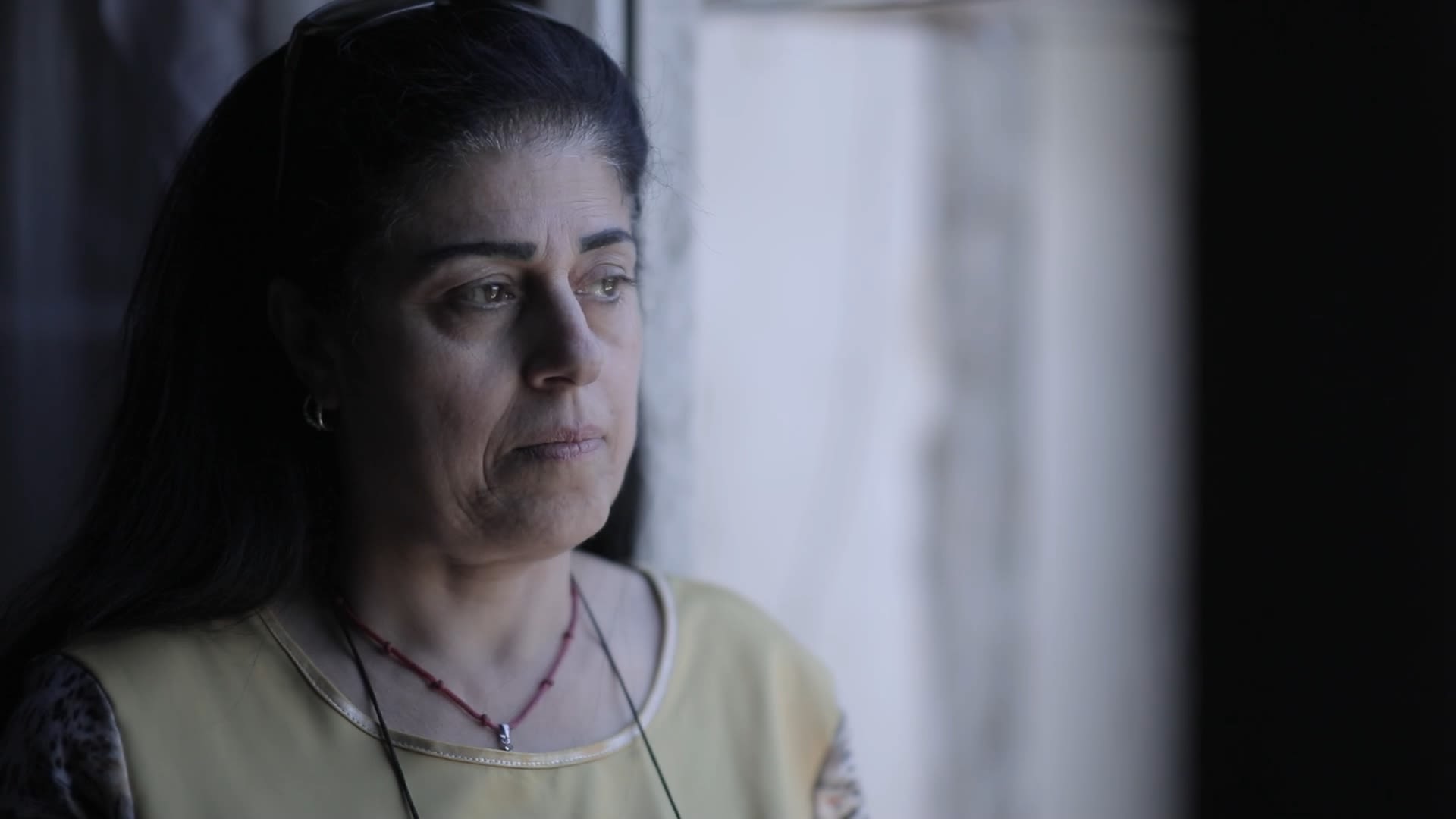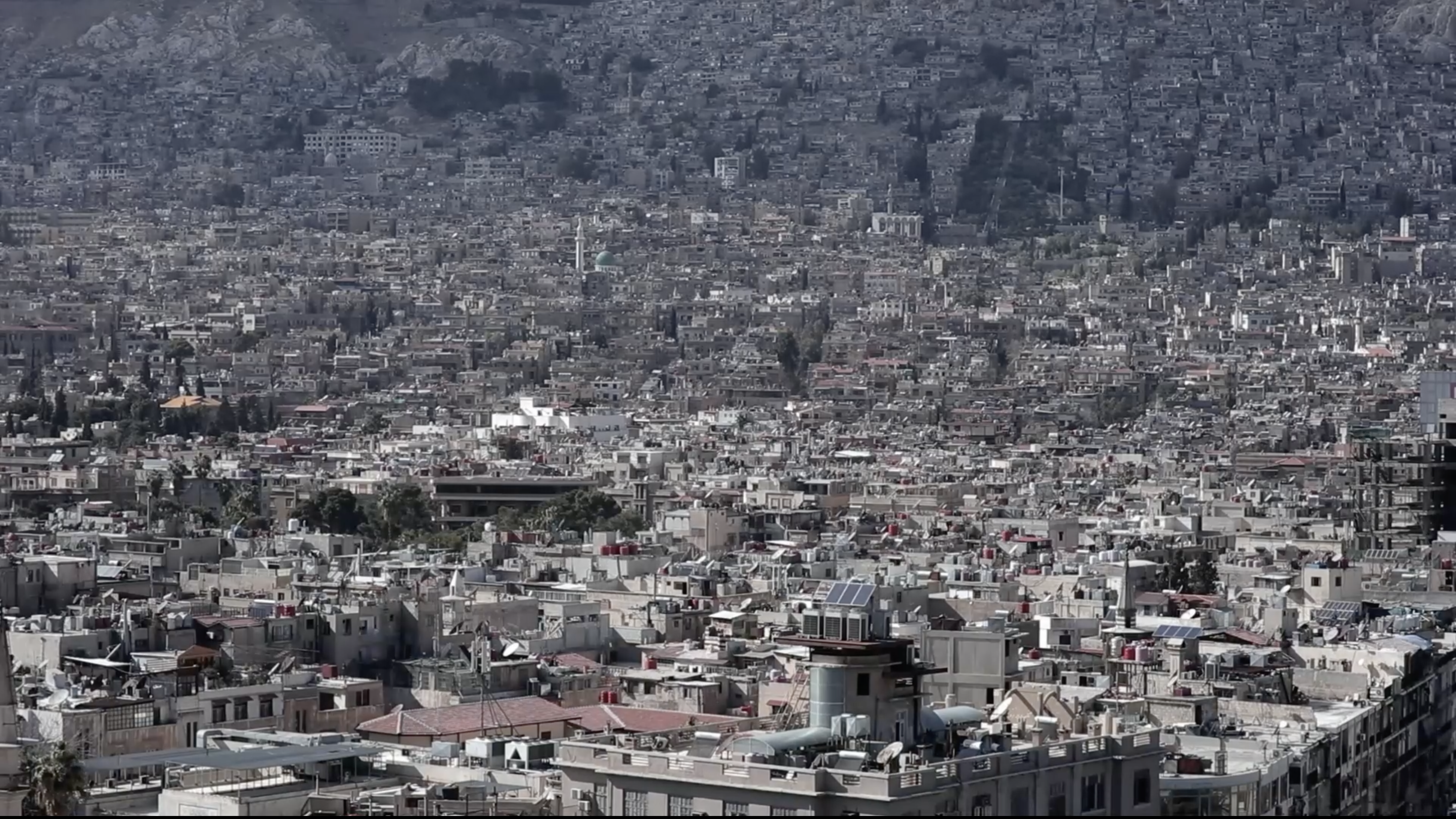MIND THE GAP
HOW INEQUALITY BREEDS CONFLICT

The Middle East and North Africa (MENA) region is the most unequal on earth when it comes to income inequality, and where armed conflict is all too common. The root of these conflicts is often explained by sectarianism and geopolitics, however, inequality creates fertile ground for conflict, helping it thrive within homes, communities, and countries.
Inequality means more than some have more than others. It is the concentration of wealth, and of power, in the hands of just a few. When wealth sits only with the wealthy it creates societies where injustice is rife and public services and opportunities are lost for those who need them most.
Even before the coronavirus crisis struck, people in the region were protesting against the injustice and inequality wrought by a decade of austerity. As long as inequality increases the region is set to see more uprisings, more inequality, and more conflict.
Hanan, Syria
Nowadays, you have to queue for hours. If you have money then you don’t need to wait in line
For Hanan, inequality is the daily breadlines that snake their way through her neighbourhood. Bread is a staple Syrian families can't live without. Those who can afford it pay someone to wait in line for them and then deliver the bread home. Those who can't, wait for hours and are never guaranteed to find a loaf of bread to put on the table at the end of the day.
Raheem, Iraq
People took advantage of the crisis to benefit themselves
In 2018, a chronic water crisis led to violent protests in Basra, after more than 100,000 people were hospitalised after drinking dirty water. Today, uneven water distribution in Basra continues and Raheem and his family's health is suffering while safe drinking water remains difficult to find.
Ali, Yemen
The state allowed this corruption. It let dealers have electricity generators at the expense of people
War and war economy go hand in hand. When Ali started his carpentry business as the war in Yemen began, it was not the conflict that threatened to ruin it, but those who sought to exploit and profit from the instability it brought. The black market controls the supply and the cost of electricity in much of Yemen, causing costs to skyrocket and putting basic services out of reach for all but those who can afford it.




WATCH THEIR STORIES
Hanan
Raheem
Ali
